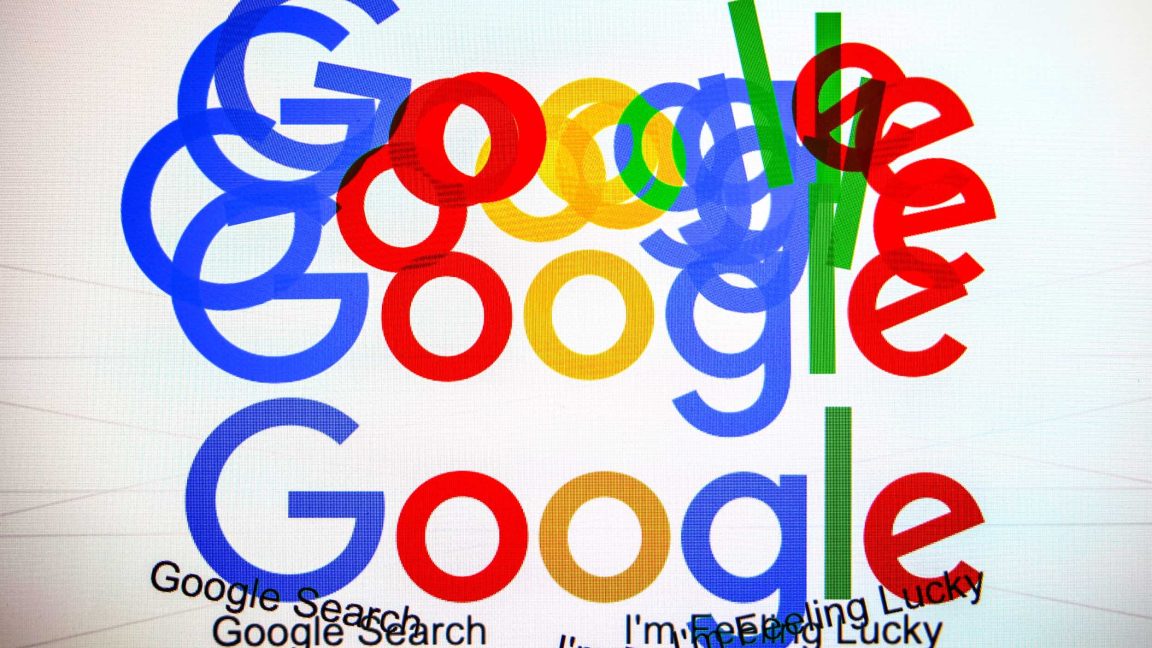
Google is the first of Silicon Valley’s tech giants to report earnings this quarter, and investors will be watching to see how much more money they have poured into data centers and advanced chips that power AI—and whether any of those bets are starting to pay off.
Microsoft, Alphabet, Amazon, and Meta all revealed massive increases in capital expenditure in the first six months of 2024—totaling $106 billion—and executives pledged more investment this year and in 2025. The main beneficiary has been Nvidia, which briefly became the most valuable global company on the back of demand for its chips.
Alphabet’s capex rose again to $13.1 billion in the quarter, slightly more than in the prior three months and up 62 percent from the $8.1 billion spent in the same period last year.
Chief Financial Officer Anat Ashkenazi said the majority of that investment went toward infrastructure, which includes servers, chips, data centers, and networking equipment. Google will spend roughly the same amount in the fourth quarter, implying total spend of more than $50 billion this year, with that figure set to rise modestly again in 2025, she added.
While Alphabet has shown strong earnings momentum this year, it faces threats on several fronts. A new generation of AI-powered chatbots such as ChatGPT and Anthropic’s Claude are challenging its core search business. In response, Google has rolled out “AI Overviews” powered by its Gemini models at the top of results pages to provide direct answers to queries, rather than just a list of links.
Pichai said AI Overviews are gaining popularity with customers because of Gemini’s ability to answer complex questions. Adverts are being integrated, and the computing costs of each query have dropped 90 percent in the past 18 months, he added.
Pichai also said Gemini was boosting internal productivity, with more than a quarter of all new code generated by AI, which is then reviewed and accepted by engineers.
More immediately, Google faces the prospect of being broken up after losing a landmark antitrust case brought by the US Department of Justice, which resulted in a ruling that determined its search business had engaged in anti-competitive monopolistic behavior. The company also lost an antitrust case against its Play app store brought by Fortnite developer Epic and faces a trial in a second DoJ case over its ad tech business.




